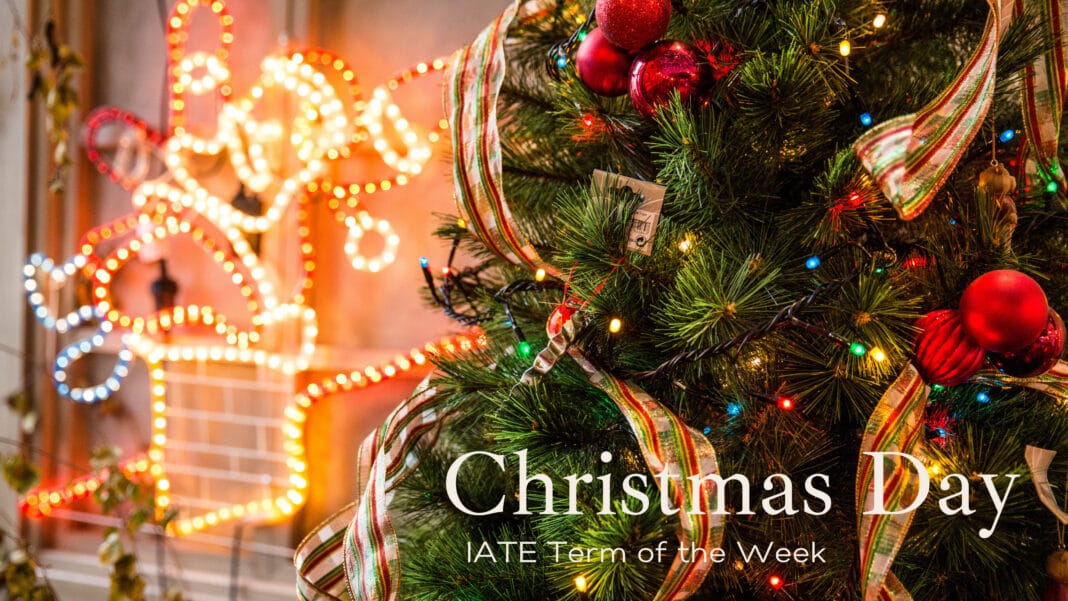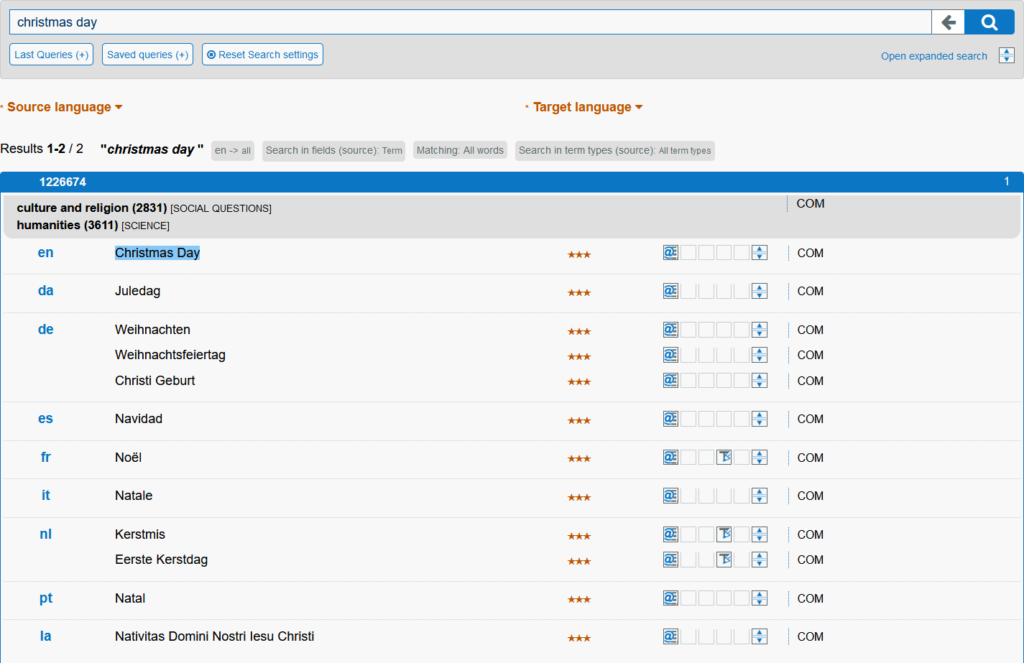On the 25th of December, many people across Europe and all over the world celebrate Christmas Day. As stated in the Merriam-Webster dictionary, the word “Christmas” comes from Old English Cristes mæsse, literally meaning “Christ’s mass”.The word took the form Christemasse in Middle English to finally turn into the modern version we all use today. According to Encyclopaedia Britannica, “The English term Christmas (“mass on Christ’s day”) is of fairly recent origin. The earlier term Yule may have derived from theGermanic jōl or the Anglo-Saxon geōl, which referred to the feast of the winter solstice”.
The date of Jesus’ birth was first identified as the 25th of December by a Christian historian Sextus Julius Africanus in 221. Although there is no clarity as to when Jesus was actually born, the date became universally accepted by the Roman Catholic Church in the fourth century in accordance with the decision of Pope Julius I. Historians and theologists still debate the reasons behind this resolution. One of the popular theories links the dating of Christmas to earlier traditional pagan celebrations such as Saturnalia and Juvenalia that occurred around the time of winter solstice. Some Eastern Orthodox churches that still don’t use the Gregorian calendar celebrate Christmas on the 7th of January, as this date corresponds to the 25th of December in the Julian calendar.
Nowadays, in many Western Christian churches, the celebration of Christmas begins with a midnight mass – a vigil night service with readings and carols. According to Hans J. Hillerbrand, “None of the contemporary Christmas customs have their origin in theological or liturgical affirmations, and most are of fairly recent date”. In fact, the traditions we know today have various origins. In many cultures, since the early 20th century, Christmas has been turning into a secular family holiday. It is the time of joyful feasts and exchanging of gifts.
References:
Encyclopaedia Britannica. 2020. Christmas. [ONLINE] Available at: https://www.britannica.com/topic/Christmas.
[Accessed 17 December 2020].
History.com. 2009. History of Christmas. [ONLINE] Available at: https://www.history.com/topics/christmas/history-of-christmas.
[Accessed 17 December 2020].
Learn Religions. 2018. What Is the Real Date of Christmas?. [ONLINE] Available at: https://www.learnreligions.com/real-date-of-christmas-3977692. [Accessed 17 December 2020].
Live Science. 2014. When Was Jesus Born?. [ONLINE] Available at: https://www.livescience.com/42976-when-was-jesus-born.html. [Accessed 17 December 2020].

Written by Magdalena Sikorska. She holds a Bachelor in Italian Language and Literature as well as master’s degrees in Journalism and Social Communication and Polish Philology.


